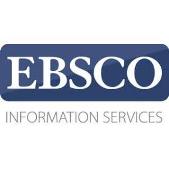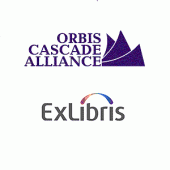
Ex Libris today announced the acquisition of Wolverhampton, U.K.-based oMbiel, developer of the campusM and governmentM cloud-based mobile app solutions for universities and local government services, respectively. The company will be incorporated into Ex Libris as a new business unit, Ex Libris Mobile Campus Solutions, led by oMbiel founder and CEO Hugh Griffiths. Terms of the sale were not disclosed.






